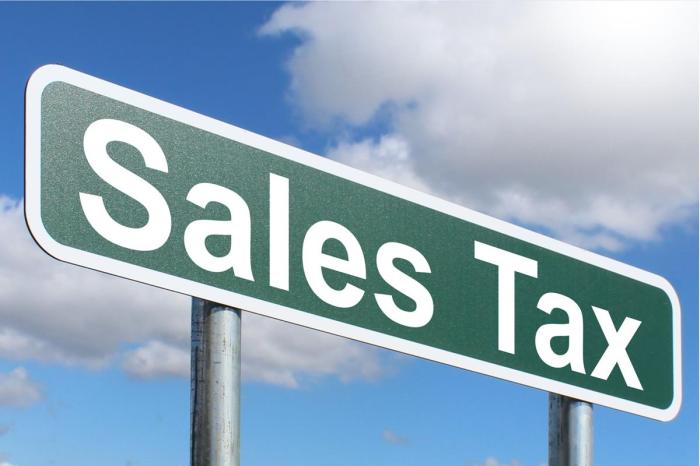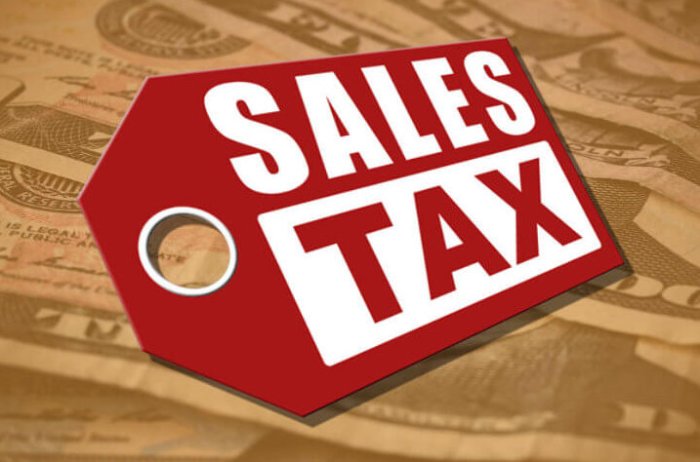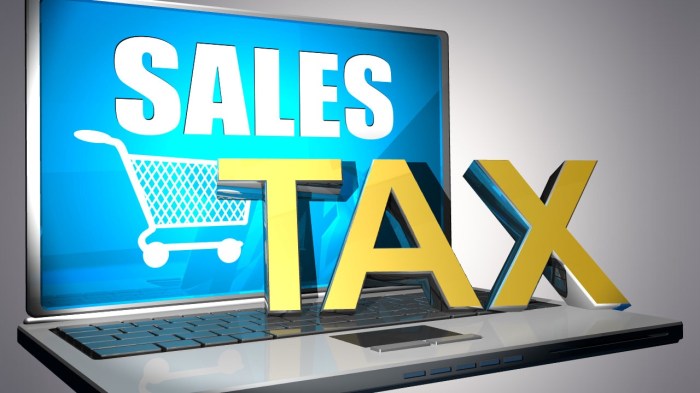A tax on the sellers of coffee mugs sets the stage for this enthralling narrative, offering readers a glimpse into a story that is rich in detail and brimming with originality from the outset. This fiscal measure has far-reaching implications for the coffee mug industry, promising to reshape market dynamics and consumer behavior in unforeseen ways.
The ramifications of such a tax extend beyond mere financial considerations, delving into the realm of consumer psychology and competitive landscapes. By examining the potential impact on profit margins, revenue streams, and purchasing habits, this exploration unveils the intricate tapestry of factors that will ultimately determine the fate of coffee mug sellers in the face of this fiscal challenge.
Tax Impact on Coffee Mug Sellers

The tax on coffee mug sellers could have significant financial implications for businesses in the industry. Profit margins may decrease as sellers are forced to absorb the cost of the tax or pass it on to consumers. Overall revenue could also be affected, particularly for small businesses with lower profit margins.
Impact on Different Types of Sellers
- Small businesses may be disproportionately affected by the tax, as they often have lower profit margins and fewer resources to absorb the cost.
- Large retailers may be able to absorb the cost of the tax more easily, but they may still face reduced profit margins and increased competition from smaller businesses.
Consumer Response to the Tax

Consumers may react to the tax on coffee mugs in several ways. Some may choose to purchase fewer coffee mugs, while others may switch to cheaper alternatives. This could lead to a decrease in demand for coffee mugs, particularly in the short term.
Changes in Consumer Behavior
- Consumers may reduce their purchases of coffee mugs as the tax increases the price.
- Consumers may switch to purchasing cheaper coffee mugs or alternative products.
Market Dynamics and Competition: A Tax On The Sellers Of Coffee Mugs

The tax on coffee mug sellers could also affect the competitive landscape of the industry. New entrants may be discouraged from entering the market, and existing businesses may consolidate to reduce costs.
Competitive Dynamics
- The tax could create barriers to entry for new businesses, as they would need to absorb the cost of the tax.
- Existing businesses may merge or acquire smaller businesses to increase their market share and reduce competition.
Government Rationale and Objectives
The government’s rationale for implementing the tax on coffee mug sellers may include generating revenue or discouraging the consumption of coffee mugs. The effectiveness of the tax in achieving its intended goals will depend on various factors.
Effectiveness of the Tax, A tax on the sellers of coffee mugs
- The tax may be effective in generating revenue for the government.
- The tax may be less effective in discouraging the consumption of coffee mugs, as consumers may simply switch to cheaper alternatives.
Alternative Tax Structures
| Tax Structure | Advantages | Disadvantages |
|---|---|---|
| Sales tax | Easy to implement and collect | Can be regressive, impacting low-income consumers disproportionately |
| Excise tax | Can be targeted to specific products or industries | Can be complex to administer and may lead to unintended consequences |
| Value-added tax (VAT) | Can generate significant revenue | Can be complex to implement and may increase the cost of goods for consumers |
Recommendations
The most appropriate tax structure will depend on the government’s specific objectives and the characteristics of the coffee mug industry. A sales tax may be the simplest and most straightforward option, while an excise tax or VAT may be more effective in achieving specific policy goals.
Commonly Asked Questions
What is the rationale behind imposing a tax on coffee mug sellers?
Governments may implement such a tax to generate revenue, discourage the consumption of coffee mugs due to environmental concerns, or promote the use of alternative beverage containers.
How might consumers respond to a tax on coffee mugs?
Consumers may reduce their purchases of coffee mugs, switch to cheaper alternatives, or seek out reusable options to avoid the additional cost.
What impact could a tax on coffee mug sellers have on the industry?
The tax could lead to reduced profits, increased competition, and potential market consolidation, as smaller sellers may struggle to absorb the additional costs.